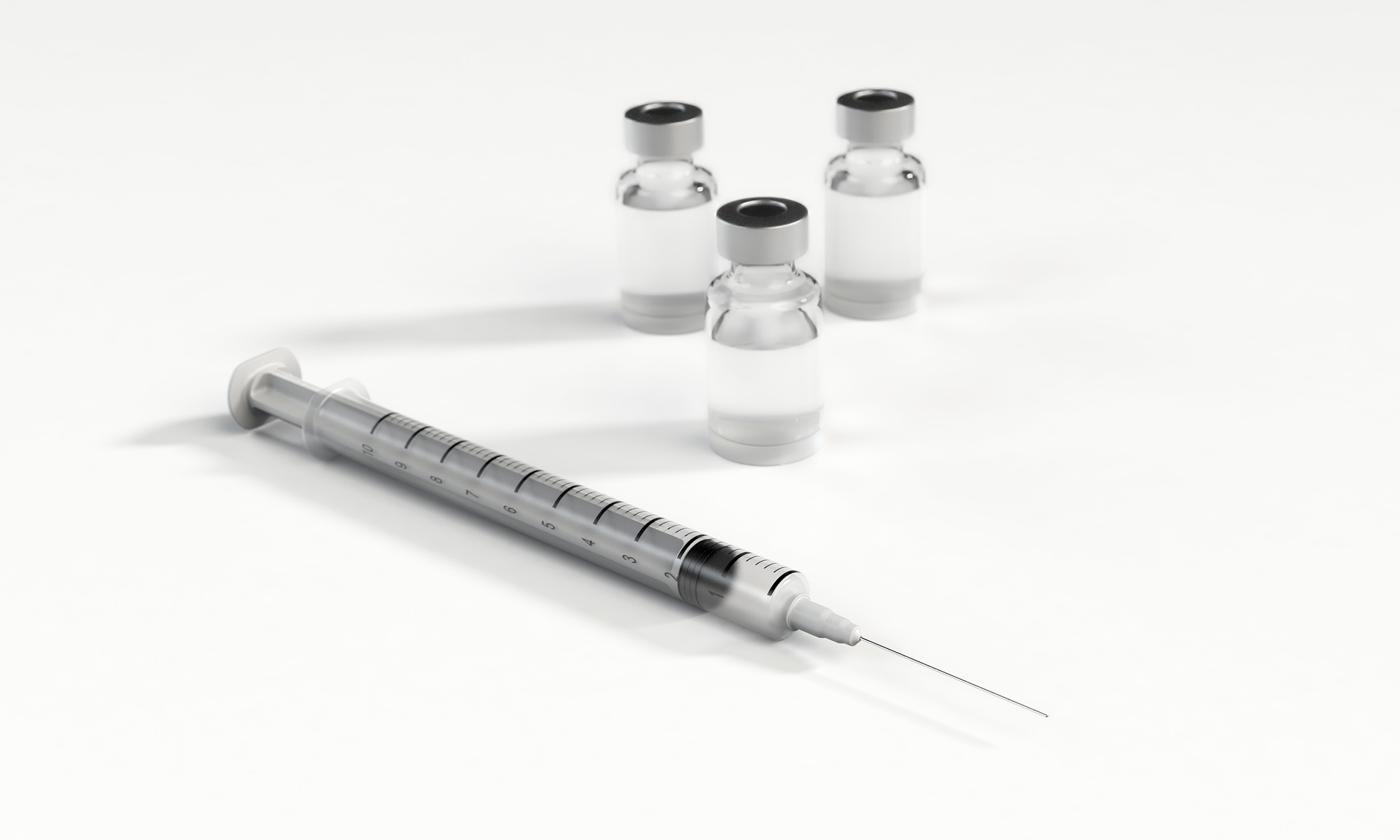By Hannah Kanfer
Recently, Bluesight announced its partnership with Fagron in launching RFID-tagged, ready-to-use, OR syringes. Expanding Bluesight’s pre-tagged medication catalog will help bring more medication safety and management to the OR.
What is an RFID Tagged Medication?
RFID stands for Radio Frequency Identification (RFID) and is a form of wireless communication that uses radio frequency to search, identify, track, and communicate with items. This RFID chip can be embedded into a medication label and applied to vitals, syringes, bags, and other medication packages and supplies.
What are the Benefits of RFID Tagging?
Unlike barcode labels, RFID tags do not require a line of sight, and multiple tags can be scanned at once, making RFID tags faster and more efficient.
RFID also gives pharmacists visibility into where their drugs are located in the hospital, simplifying things such as replacing expiring drugs or managing drug recalls. Being prepared for drug recalls is vital, on average, about 4,500 drugs and devices are pulled from U.S. shelves each year.
With Bluesight’s pre-tagged medication, all medication data gets uploaded to a cloud-based platform where members can create new serialized items, log events, and view an item’s history. This offers a dynamic platform that can edit attributes of medications that didn’t exist during manufacturing such as refrigeration BUDs and recall statuses.
What is a Pre-Tagged Medication?
A pre-tagged medication is a medication that comes already tagged from the manufacturer. This gives pharmacists item-level visibility into the drug’s lifespan, from when it leaves the assembly line to when it’s administered to a patient, which helps prevent diversion and improve patient safety.
Medication errors are the most common medical errors, harming at least 1.5 million people and costing hospitals $3.5 billion every year. Medication errors can also occur at any point of the drug’s lifecycle, so having visibility into every point is crucial to preventing and detecting errors.
A pre-tagged medication is also ready to use without having to wait for manual tagging, allowing for medication to be utilized faster and more effectively.
What is the Benefit of Pre-Tagging?
Manual tagging is often time-consuming, some hospitals find manual tagging can take multiple hours per day away from staff. Pre-tagging medication can reduce restocking time by 96%, giving staff more time to complete high-priority tasks. A Pre-tagged medication can also reduce restocking errors, ensuring compliance and reducing waste.
“The more forward a medication is with announcing itself the better….with labor constraints, very manual processes become more complicated because we don’t have enough people to work where we need them…so the more autonomous the medication is, the better” Said Glen Olsheim, Vice President, New Product and Business Development of Fagron Sterile Services during the Medication Intelligence Summit.
This partnership is just the beginning, Bluesight aims to offer 70% of medications in the OR pre-tagged. As of right now, Bluesight offers over 150 medications pre-tagged including 503 compounders.
Where can I learn more about Pre-Tagged RFID Medications?
Bluesight offers an innovative and more effective automated inventory management solution through its RFID technology. Compared to more commonly used barcodes, RFID is more technologically advanced as well as offers an extra level of protection through encryption and password protection.
To learn more, visit Bluesight’s catalog of our RFID-enabled, pre-tagged medication.



